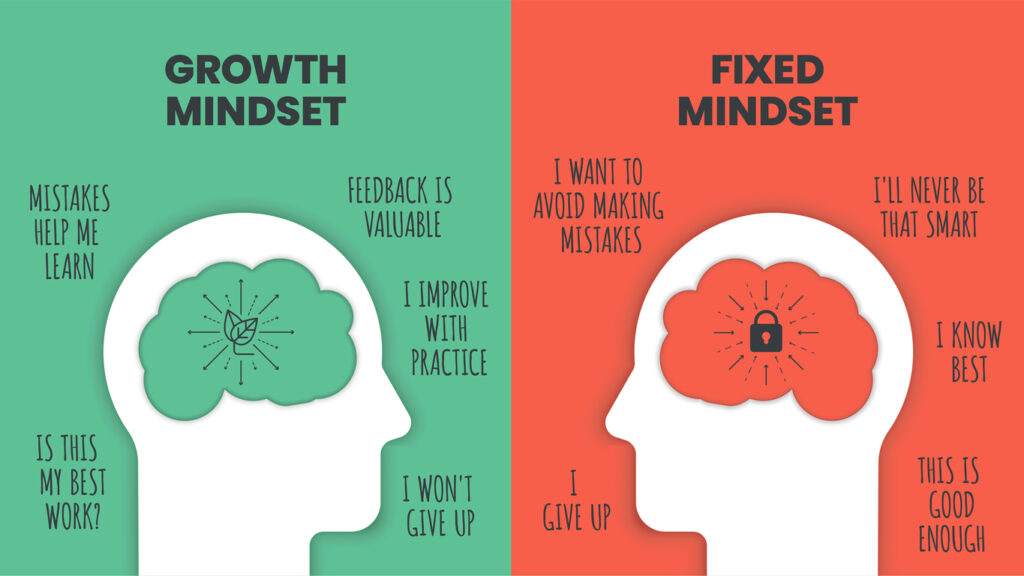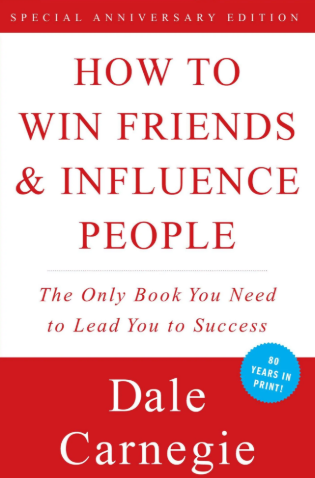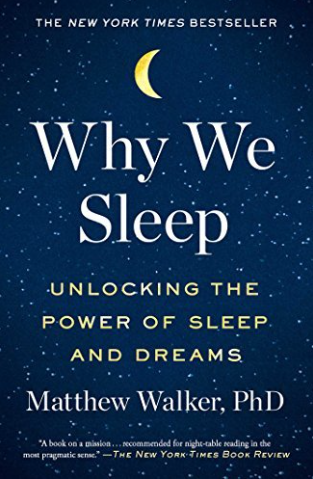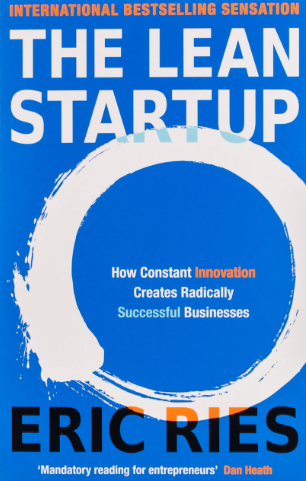
Carol Dweck’s Mindset is a psychology classic. The big idea? The way you think about talent, intelligence, and ability shapes your success.
Some people believe abilities are fixed — you’re either good at something or you’re not. Others believe abilities can grow with effort, learning, and persistence. These two approaches are called the fixed mindset and the growth mindset.
The Core Idea
Your mindset is like the lens through which you see challenges, failure, and growth. Change your mindset, and you change your outcomes.
📘 Book Idea: Talent and intelligence are not fixed — they grow with effort, strategies, and feedback.
💡 Real Life: Instead of saying “I’m bad at math,” say “I’m not good at math yet.” That one word shifts your brain into growth mode.
The Big Lessons from Mindset
1. Failure Isn’t the End — It’s Feedback
Fixed mindset sees failure as proof of weakness. Growth mindset sees it as information to improve.
💡 Real Life: If you bomb a presentation, instead of saying “I’m terrible at public speaking,” ask “What can I adjust for next time?”
2. Effort Is the Path to Mastery
Fixed mindset avoids hard work — “If I were smart, this should be easy.” Growth mindset embraces effort as the price of progress.
💡 Real Life: Michael Jordan wasn’t just talented; he became great by practicing more than anyone else on the team.
3. Challenges Grow Your Brain
Avoiding struggle keeps you stuck. Facing challenges literally strengthens your neural pathways.
💡 Real Life: Learning an instrument feels clumsy at first, but each attempt builds your brain’s capacity.
4. Praise Process, Not Just Talent
Compliments shape mindset. Saying “You’re so smart” encourages fixed thinking. Saying “I love how hard you worked” encourages growth.
💡 Real Life: With kids (or even coworkers), praise the effort, persistence, or strategy — not just the outcome.
5. Mindset Is a Choice
You’re not stuck with one mindset. You can notice fixed thoughts and consciously reframe them.
💡 Real Life: Instead of “I’ll never be good at this,” shift to “What can I learn to get better at this?”
Other Key Ideas
- The Power of “Yet”: Adding “yet” turns a limitation into a possibility.
- Growth in Relationships: Mindset doesn’t just affect school and work — it impacts how we handle conflict, love, and trust.
- Continuous Learning: A growth mindset means seeing yourself as a lifelong learner.
Final Thought
Mindset shows that success isn’t about being born talented — it’s about how you think about talent. When you adopt a growth mindset, challenges become opportunities, effort becomes progress, and failure becomes feedback.
🔥 Your Turn: Where in your life can you swap a fixed mindset thought for a growth mindset one today?







